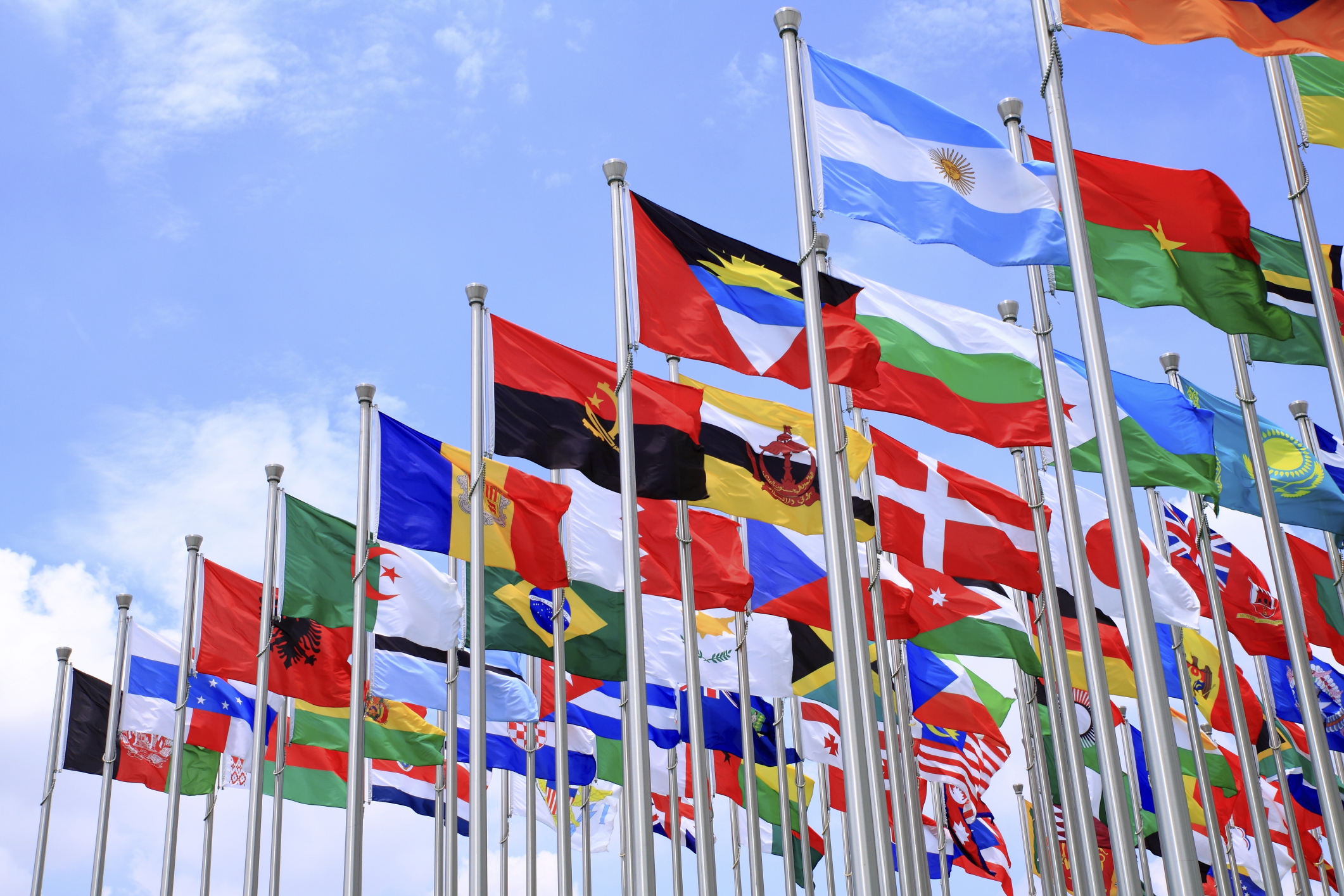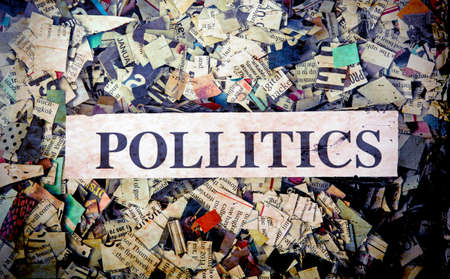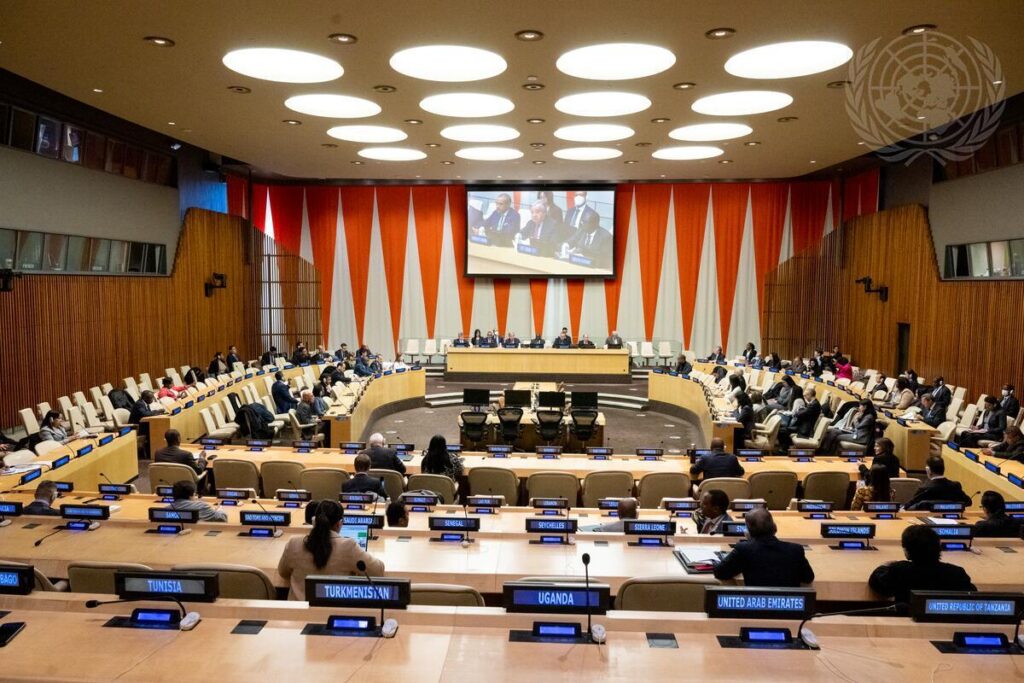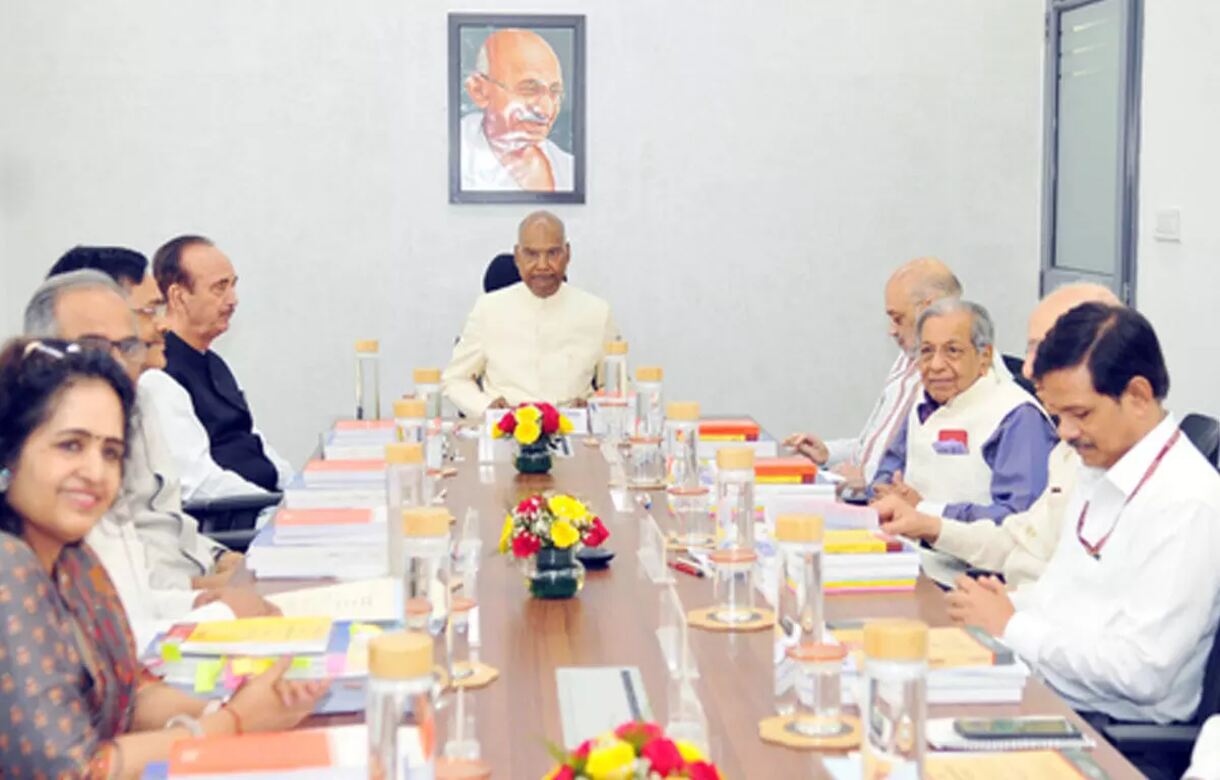Dynamics of International Relations in Politics
Explore the ever-evolving dynamics of international relations in politics, from global alliances to geopolitical conflicts

Dynamics of International Relations in Politics
The dynamics of international relations in politics have always been a complex and ever-evolving field. In an increasingly interconnected world, understanding the intricacies of how countries interact with one another is crucial. These interactions encompass a wide range of political, economic, social, and cultural dimensions, and they play a pivotal role in shaping the course of global events. This article delves into the key elements that define the dynamics of international relations in politics in the year 2023, shedding light on the challenges, trends, and opportunities that nations face on the world stage.
The Global Power Landscape
One of the fundamental aspects of international relations is the distribution of power among nations. The balance of power is in a constant state of flux, and 2023 is no exception. While the United States and China continue to be the primary superpowers, other nations like Russia, India, and the European Union wield significant influence. This multipolar landscape has given rise to a more intricate web of diplomatic relationships, as nations seek to secure their interests and navigate shifting alliances.
China's Ascendance
China's rise as a global power has been one of the defining features of international relations in recent years. By 2023, China has further solidified its position as an economic and technological powerhouse. The Belt and Road Initiative (BRI) has expanded its influence, connecting China to regions across Asia, Africa, and Europe. This initiative has not only facilitated economic growth but has also increased China's political leverage in these regions. As China continues to assert itself, tensions with the United States over issues like trade, technology, and human rights persist, shaping the geopolitical landscape.
Economic Interdependence
Globalization and economic interdependence continue to be driving forces in international relations. The interconnectedness of economies means that actions taken by one nation can have far-reaching consequences. The COVID-19 pandemic, which began in 2019 and extended into 2023, highlighted the vulnerabilities of a highly interconnected world. Nations scrambled to secure essential medical supplies and vaccines, emphasizing the need for international cooperation in addressing global challenges.
Trade remains a crucial aspect of international relations, with regional trade agreements and organizations playing pivotal roles. The Comprehensive and Progressive Agreement for Trans-Pacific Partnership (CPTPP) and the Regional Comprehensive Economic Partnership (RCEP) are examples of such agreements that promote economic cooperation among nations.
Climate Change and Environmental Diplomacy
The issue of climate change has become an increasingly prominent factor in international relations. By 2023, the effects of climate change are more evident than ever, with extreme weather events, rising sea levels, and resource scarcity posing significant challenges. International agreements like the Paris Agreement continue to serve as frameworks for addressing climate-related issues, but the urgency of the situation has led to increased pressure on nations to take more substantial actions to reduce carbon emissions and transition to renewable energy sources.
Environmental diplomacy has also become a key arena for cooperation and conflict. Nations are vying for control over natural resources, such as water and minerals, which are essential for their economic development. Competing interests in the Arctic region, for example, have sparked debates about territorial claims and resource extraction.
Cybersecurity and Technology
In the digital age, cybersecurity and technology have emerged as critical facets of international relations. Cyberattacks, whether state-sponsored or conducted by non-state actors, have the potential to disrupt economies, infrastructure, and even national security. The development and deployment of emerging technologies like artificial intelligence (AI) and 5G networks have raised concerns about their implications for global power dynamics.
The rivalry between the United States and China in the realm of technology and innovation is particularly pronounced. Issues surrounding data privacy, intellectual property theft, and the regulation of tech giants like Google, Facebook, and Tencent are central to this rivalry. Striking a balance between harnessing the benefits of technology and safeguarding national interests and values presents a complex challenge for policymakers.
Human Rights and Soft Power
Human rights issues continue to influence international relations, with countries often using human rights as a tool for diplomacy and as a means of exerting soft power. Allegations of human rights abuses in countries like China, Russia, and Saudi Arabia have led to tensions with other nations and calls for sanctions or diplomatic measures. The role of international organizations like the United Nations in addressing human rights violations remains a topic of debate.
Soft power, the ability to influence others through culture, values, and ideas, has become increasingly important in international relations. Nations invest in cultural diplomacy, education, and public relations to enhance their soft power and improve their global image. The appeal of a nation's culture, entertainment, and educational institutions can significantly shape its standing in the world.
Security Challenges and Conflict Zones
Security challenges and conflict zones persist in various parts of the world, demanding the attention of the international community. The Middle East remains a volatile region, with ongoing conflicts in Syria, Yemen, and Afghanistan. The fight against terrorism, led by organizations like ISIS and Al-Qaeda, continues to be a global concern.
In Eastern Europe, tensions between Russia and NATO member states persist, particularly in Ukraine and the Baltic states. In Asia, territorial disputes in the South China Sea and the Korean Peninsula add to regional instability. The international community's response to these conflicts often involves a delicate balancing act to avoid escalation while upholding international norms.
Diplomacy and Multilateralism
Diplomacy and multilateralism remain crucial tools for resolving international disputes and fostering cooperation. Diplomatic negotiations and summits provide platforms for leaders to address complex issues and seek common ground. Multilateral organizations such as the United Nations, the World Trade Organization, and regional bodies like the African Union and the Organization of American States play essential roles in promoting peace, security, and development.
The dynamics of international relations in politics are characterized by a constantly shifting landscape. In 2023, the world faces a myriad of challenges and opportunities, from navigating great power rivalries to addressing global issues like climate change and cybersecurity. Understanding these dynamics is essential for policymakers, scholars, and citizens alike, as the choices made on the international stage have far-reaching implications for the future of our interconnected world. International relations will continue to evolve, shaped by the interplay of geopolitics, economics, technology, and human values.
What's Your Reaction?


















